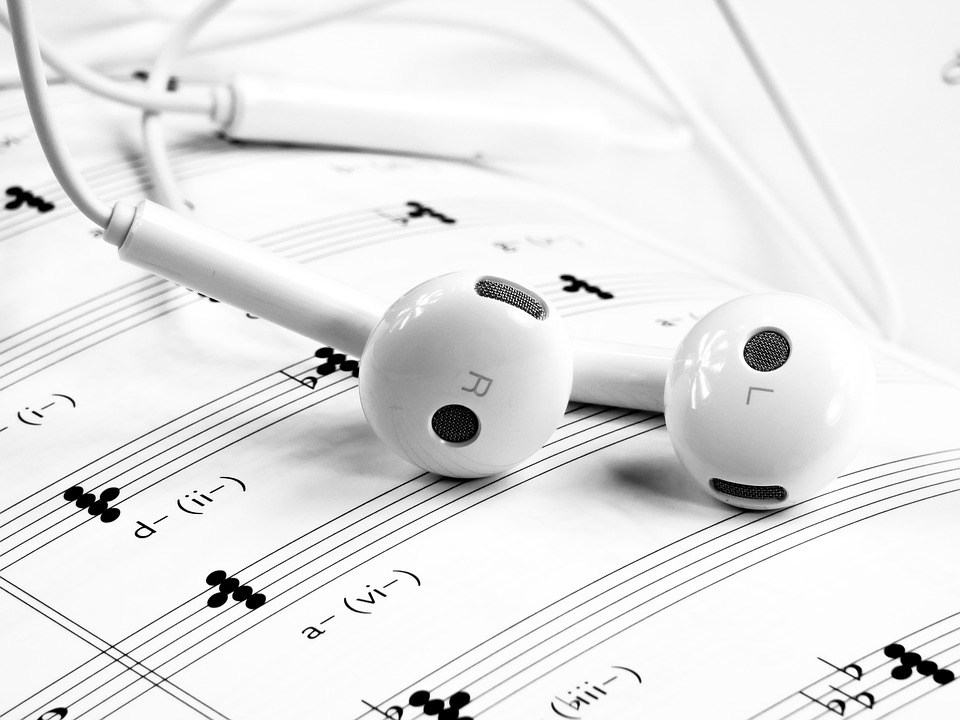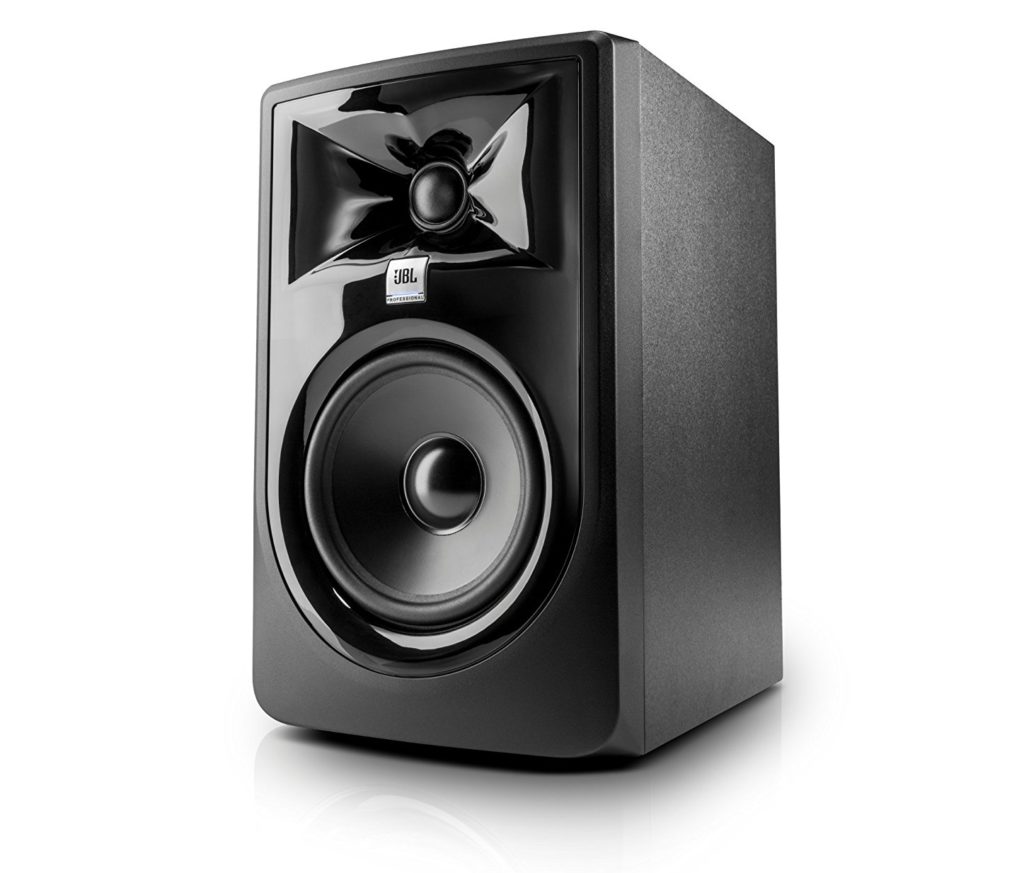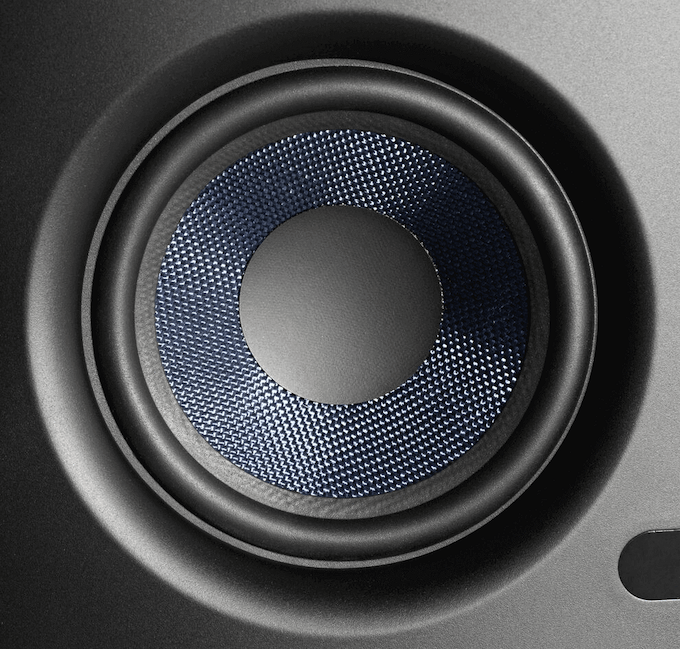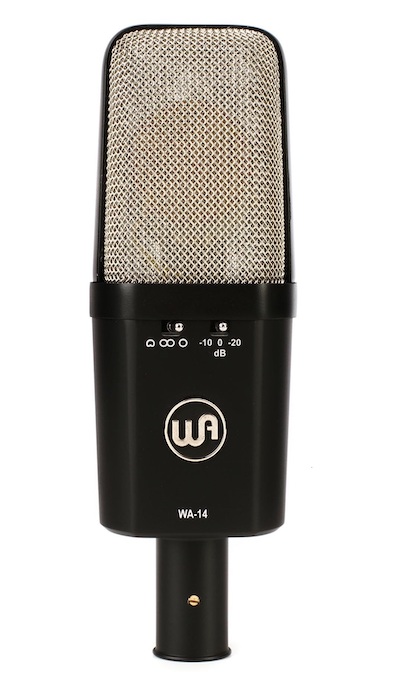Should I Learn Music Theory
as a Music Producer?

“I don’t need no stinkin’ music theory.”
Music is easier than ever to create and today there are many amateur producers creating music straight from their computer with minimal knowledge of music theory. Basic things like being able to tell a major chord from a minor chord or knowing what key their song is in, are never learned.
This situation is usually more common with producers who create music in genres that use a lot of sampling and looping, such as types of electronic dance music and hip-hop. These are genres that rely more often on percussive and rhythmic elements rather than instrumentation made up of rich melodies and harmonies. Interestingly, many of these producers who know nothing of music theory often find a lot of success too.
Many young amateur music producers look to the examples of these very successful producers they admire who claim to not know any music theory and allow those examples to shape their judgment on whether music theory is important or not for their music. When they consider these things, including the energy it may take to learn music theory, the feeling that they don’t need music theory is created very easily.
In many ways, there is a bias that if you don’t know something, something that can be a lot of work to learn, to lean towards excuses and exaggerations in your favor. It’s even easier to lean towards that when you feel that you’ve been doing just fine, or even great, at producing music without ever studying music theory.
It can be quite uncommon that you even see musical instruments within the performances by your favorite music artists. With electronic dance music and hip-hop, you’re likely to see turntables, sampling pads, and laptops more often than any real musical instrument. This only adds to the stigma that music theory is not necessary.
At the same time, there is the assumption that because you can’t necessarily see any indication that they know music theory, that they simply must not. You can overlook how music theory may have been critical behind the scenes. Just because your favorite producer doesn’t perform with any musical instruments doesn’t mean that in the past he never practiced any and never picked up any music theory. Often, learning a musical instrument earlier in life is crucial to the development and success of many famous music producers and is knowledge they carry for the rest of their lives.
And even if your favorite producer never learned any music theory, chances are they’ve worked closely with someone who has and collaborated with them using their knowledge of theory, to improve their own music production.
Music theory is also not sexy. Many producers think of music theory and think of classical music, jazz, sheet music, academics, rules and standards; they think of unnecessary technicalities. It can be seen as nerdy, a reminder of the kids who were in your high school band class that were labeled as uncool.
You probably also like the idea of feeling free of any technicalities, being able to sling out rhythms and musical ideas at will and without study. “I don’t need any rules. I’ll just use my ears. I won’t be held back by music theory”. It’s a very idealistic and appealing approach, but not very practical and often, a misguided one.
Why You Should Learn Music Theory
There are patterns seen over and over in music. It doesn’t really matter what genre you’re talking about. It’s what separates music from noise. Music is an arrangement of sounds. These patterns and arrangements that are present in music are the devices that relate to us and touch us emotionally as listeners, but they are often taken for granted.
Underappreciated are the centuries of development and evolution that music has undergone to arrive where it is today. The notes you hear in nearly all of today’s music are part of a 12-tone system that was slowly but steadily developed. These 12-tones are separated and arranged into keys, chords, harmonies and melodies, the building blocks of all modern music. You may feel like you don’t need to use music theory, but unknowingly, you are already making music in the systems of established music theory that took centuries to come together.
When you practice and learn music theory, you will understand the relationships and patterns of music and it will become an invaluable tool for your music production. It will guide you more than restrict you. Instead of randomly selecting notes, which can work fine (but is usually a long process or trial and error), you will already understand what is likely to sound good. Everything becomes more familiar. As long as you use this familiarity to guide your creativity and continue to push your boundaries, the familiar will not become a disadvantage to your creativity, but a powerful tool.
Your workflow will improve. You will understand why certain notes sound off in your production. You’ll quickly recognize that staying in key is critical to having a relatable sound that doesn’t disorient the listener or make your music sound “out of tune”. You’ll understand how chords and melody drive an arrangement, you’ll see the patterns in your favorite artists’ music and be able to apply them to your own music.
You will have the versatility to produce music in many different genres. While your particular genre may not be very musically expressive in terms of theory, there are genres such as R&B, Jazz, Latin music, classical music and many more that usually take on a higher level of musical technicality that will be very difficult to emulate through experimentation alone.
It is important to also remember that the famous samples that have been used in some of the most popular music in recent times, particularly in hip-hop and dance music, usually was first recorded through the performances of experienced and seasoned musicians, well-versed in the study of music theory. It is often the very soul of popular music.
“What about my creativity?”
If you choose not to stay locked into theory, which can eventually become very complex, you can still freely experiment with your music. There’s no reason you can’t still venture outside of your song’s musical key, add a degree of “randomness”, push the envelope, but now you will have the guidance that is bound to improve your production overall.
You may have the fear that you’ll become so familiar with music theory that it will lock up your creativity in the confines of “proper” technicalities and habits that are difficult to escape. Understand that the cost of having no guidance in your music production is probably far greater. Let your creativity be an extension of your musical knowledge and not a shot in the dark within a game of trial and error.
What many producers and musicians who don’t study music theory seem to miss is that the trial and error approach is actually them learning music theory, unintentionally, in a slow and inefficient way.
When we don’t know music theory and we are playing guitar, piano or just clicking notes in our DAW, we are searching for what sounds good. If you spend enough time trying to make music without any guidance, you will eventually find some guidance on your own; the guidance in the form of the natural familiarity you’ve built.
You will have begun to recognize patterns whether you’ve studied music theory or not. It is unavoidable. You’re looking for what sounds good and it almost always happens to be made up of a major or minor key and a series of chords and melodies that fit into them. You may not know it consciously, but your ears do.
This, however, is a slow and inefficient approach. The fear that you will get locked into a system if you learn music theory is actually what usually happens when you don’t learn it. You’ve recognized patterns by experimenting and it’s common to start using those patterns over and over.
Think of a producer, guitarist or pianist who sounds really good at first and their music is seemingly very creative, but after listening more you realize all their songs and playing kind of just sounds the same. This is usually because through experimentation they slowly found a style of sound they like and it became their comfort zone. The lack of challenging themselves and learning the various concepts of music turned them into a one-trick pony.

The ultimate answer is yes, you should learn music theory. Music is made up of intricate patterns, shapes and flavors of sounds that we use through our creative process to shape into something beautiful. Learning and practicing music theory will broaden your understanding of those shapes and patterns. Your workflow will improve, your creativity won’t be hindered by your inefficiency and lack of understanding; you’ll become more versatile. It will improve your music. The advantages widely outweigh any disadvantages. Concerns about losing your creativity are usually misguided. And misguided will you stay as well, if you limit your knowledge. In general, it’s important to understand that rarely is any added knowledge, a disadvantage to you.
Challenge yourself by learning and practicing music theory and your creativity won’t be locked up, it will be freed.



















[…] Learning music theory can be a controversial topic among many music producers. For more information about whether you should learn music theory as a music producer, and the common misconceptions surrounding learning music theory, you can check out our article Should I Learn Music Theory as a Music Producer? […]
Great article, great reasoning thanks!